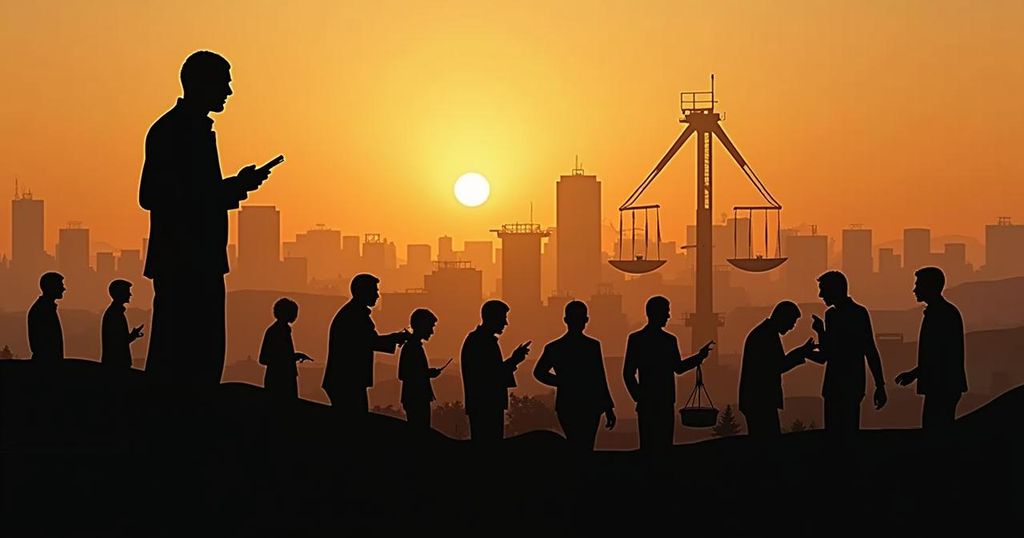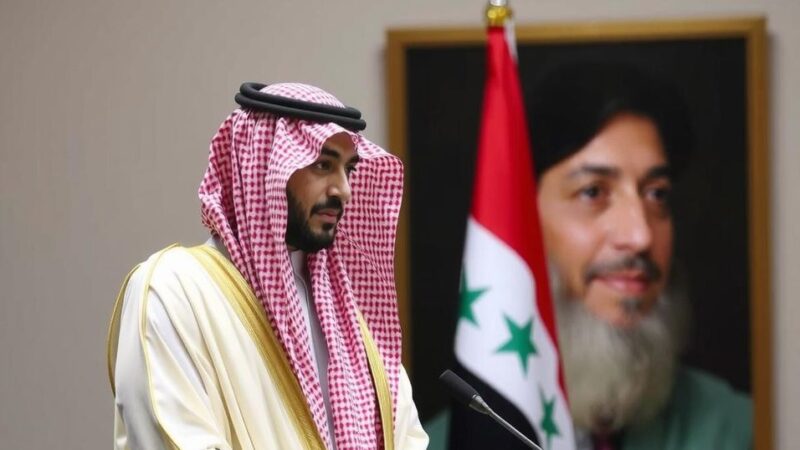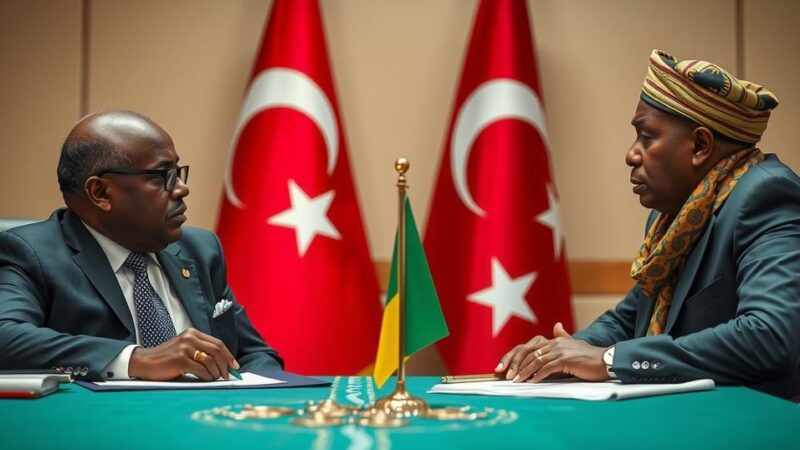On the one-year anniversary of Israel’s Gaza offensive, South Africa has taken steps to accuse Israel of genocide at the International Court of Justice, amid widespread protests and recalls of diplomats. The South African government, having drawn comparisons to its apartheid past, is rallying international support while asserting its commitment to the Palestinian cause. The ICJ case represents a broader global effort to address human rights violations and bring accountability in the region.
South Africa has taken significant diplomatic and legal steps in response to the ongoing conflict in Gaza, characterized as a genocide by officials in Pretoria. Following Israel’s military operations that escalated in October 2023, South Africa’s government has expressed firm support for the Palestinian people while also condemning the actions of Hamas. In November 2023, Pretoria withdrew all diplomatic personnel from Tel Aviv amid deteriorating relations, and Israel reciprocated by recalling its envoy from South Africa. Minister Khumbudzo Ntshavheni articulated the country’s standpoint, emphasizing the grave implications of inaction regarding the humanitarian crisis in Gaza, stating, “A genocide under the watch of the international community cannot be tolerated. Another holocaust in the history of humankind is not acceptable.” Protests erupted throughout South Africa, with citizens and various political entities demanding an end to Israel’s military operations. Former Foreign Minister Naledi Pandor asserted that South Africa, having emerged from its own history of apartheid, cannot endorse an analogous oppression in Palestine. The South African government has also called for a United Nations protection force to safeguard Gaza’s civilians, reflecting a deep-rooted empathetic connection between South African experiences and those of Palestinians under occupation. In late 2023, South Africa escalated its response by filing a case against Israel in the International Court of Justice (ICJ), accusing it of violating the 1948 Genocide Convention. Confirmation came in May 2024, when the ICJ ordered Israel to cease its offensive actions in Gaza. South Africa’s decision to press charges underscores its intent to bring accountability for the humanitarian crisis, continuing to collaborate with international partners including Türkiye, Nicaragua, Spain, and others. The presidency noted that South Africa aims to demonstrate compelling evidence of genocide, with academic experts asserting the case’s potential for success. Professor Ahmed Jazbhay highlighted South Africa’s efforts to address this pressing humanitarian issue, noting, “South Africa is a small fish in a large ocean, but it’s punching above its weight.” As the legal battle unfolds in the ICJ, South Africa’s case represents a determined plea for justice and accountability in the context of global human rights violations.
The article examines the significant diplomatic and legal actions taken by South Africa in response to the ongoing military conflict in Gaza, which has been labeled as genocide by South African officials. This response is situated against a backdrop of historical parallels to apartheid, where many in South Africa empathize with the plight of Palestinians, drawing connections between their past struggles and the current humanitarian crisis in Gaza. The legal responses are an extension of South Africa’s broader foreign policy that advocates for human rights and seeks to confront injustices in international relations, particularly in the context of the Israeli-Palestinian conflict.
In conclusion, South Africa’s diplomatic stance and legal initiatives regarding the conflict in Gaza highlight a robust commitment to human rights and international law. By taking Israel to the ICJ and mobilizing international support, South Africa aims to hold Israel accountable for alleged war atrocities. This commitment, coupled with widespread domestic protests and political advocacy, reflects a widespread recognition of the plight of Palestinians and an urge to create meaningful change on the global stage regarding human rights issues.
Original Source: www.aa.com.tr







